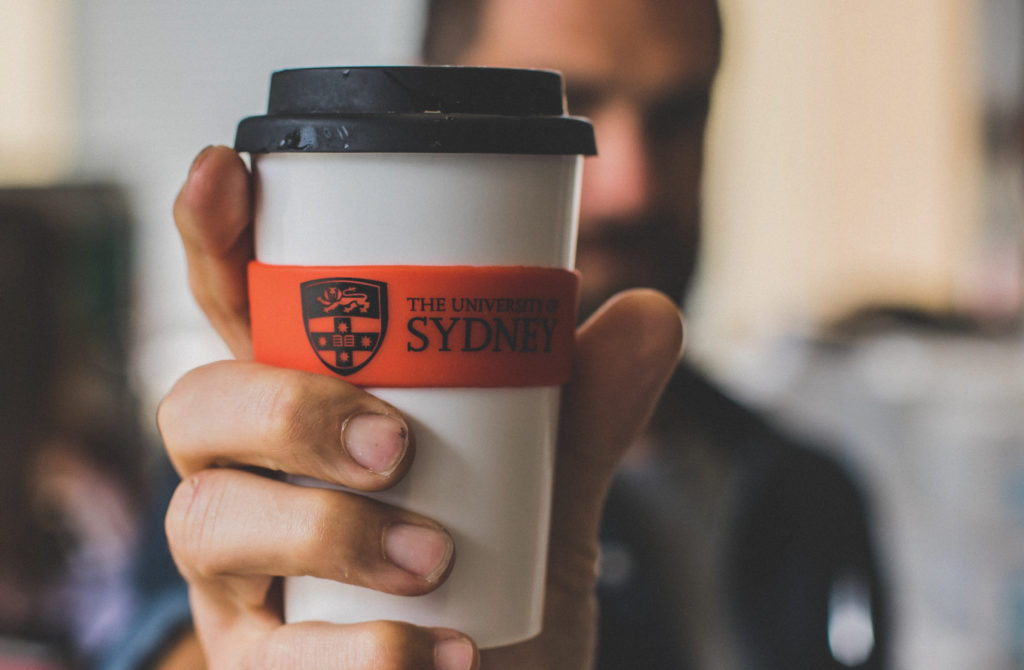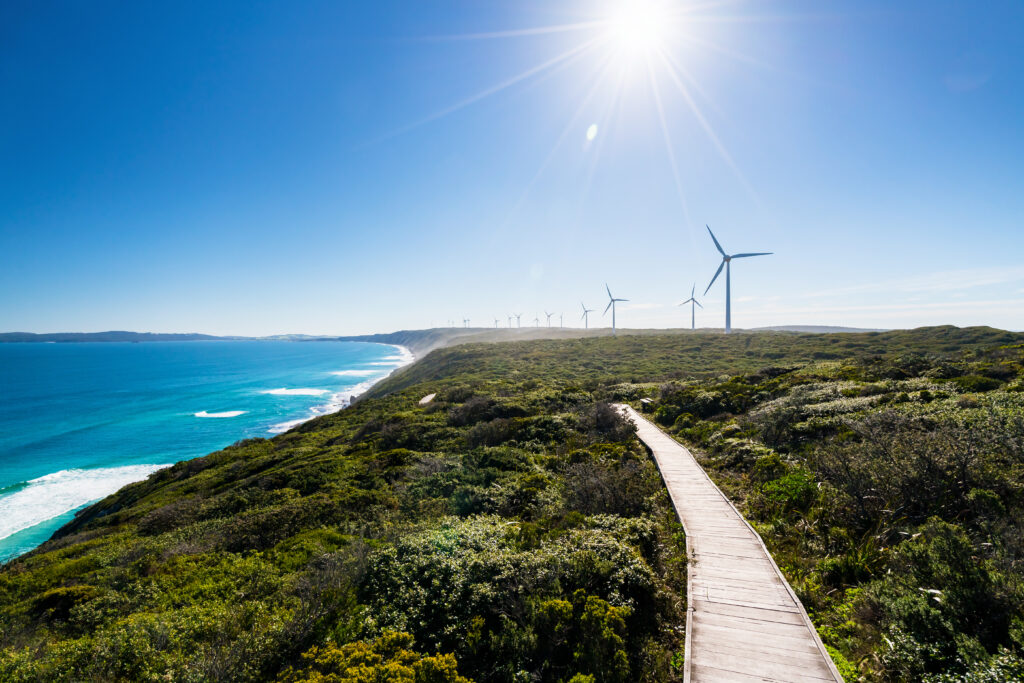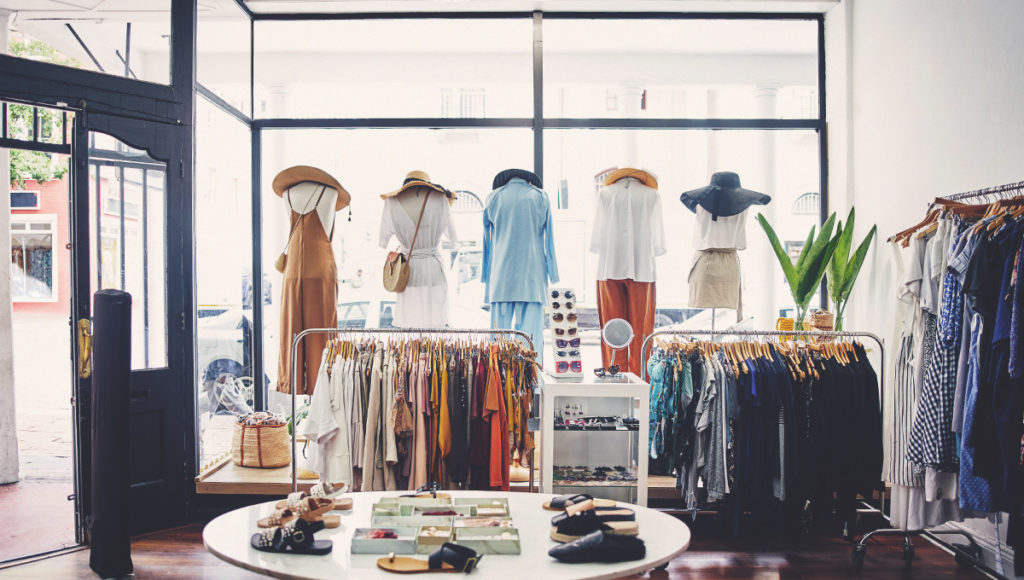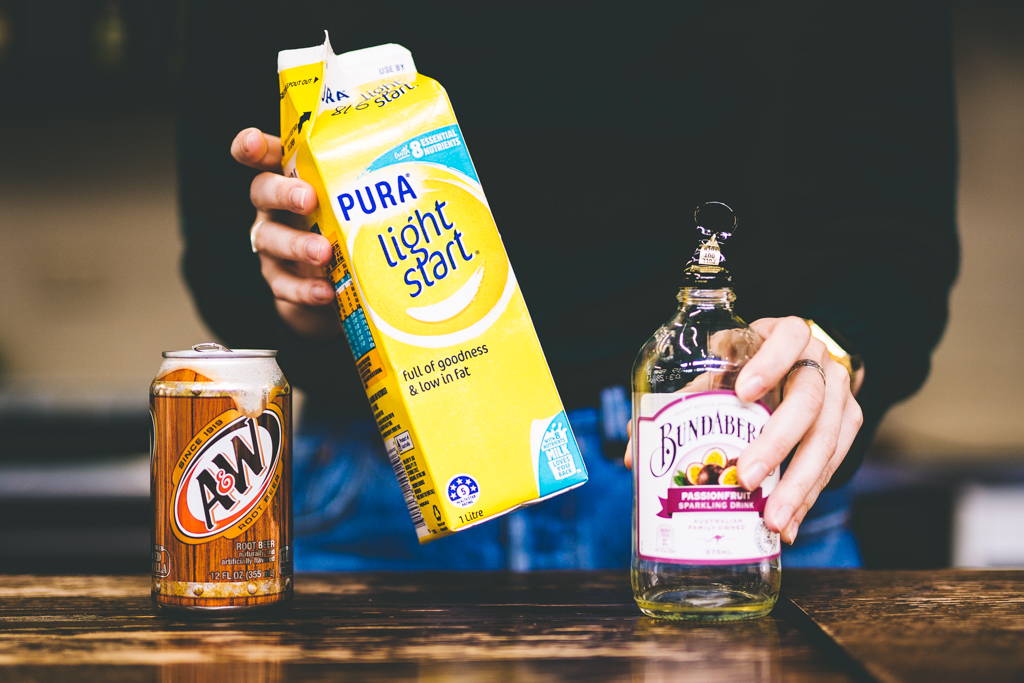Keen to become more eco-conscious but not sure where to start? If you’re looking to adopt some greener habits, here are some easy and useful tips so you can easily incorporate environmentally friendly practices into your lifestyle.
1. Say no to plastic
Within the last 18 months, several Australian state governments and local councils have begun the process to phase out plastic bags and other single-use plastics. This means investing in reusable canvas bags will be essential to your everyday life, since many Australian supermarkets no longer have single-use plastic bags and lots of retail stores will make you pay for one.
Other simple ways to say no to plastic include:
- Get a reusable water bottle! Australian educational institutions are well-equipped and usually have several water fountains and taps located on-campus. Australian tap water is generally completely safe to drink, and you’ll save money by not buying bottled water every day.
- Say no to plastic straws! There are plenty of alternatives, from carrying your own metal straws to using cardboard straws. If you like grabbing a drink between classes, try your best to find a greener option.
- Invest in a lunchbox! If you’re bringing lunch because you have a full day of classes, avoid wrapping your food in plastic wrap or plastic sandwich bags and go for a container that can be washed and reused at the end of the day. On that note, there are also lots of great reusable cutlery kits on the market, too.
2. Invest in a reusable coffee cup
Coffee is a staple for most students, but unfortunately disposable coffee cups can’t be recycled through the normal recycling bin.
The best way to make your coffee more eco-friendly is to invest in a reusable coffee cup. The KeepCup is a great option, but you’ll also find cheaper alternatives at your local supermarket.
3. Use the library
Most Australian education providers have libraries that offer a wealth of useful resources to students, and using these resources is a great way to minimise extra waste. The library will most likely have copies of textbooks and other assigned texts you may need throughout the semester. So, before you buy another book you won’t use again in 12 weeks, see if the library has a copy you can refer to and take notes from.
4. Buy textbooks second-hand
If owning your own texts is unavoidable, a great way to minimise waste and save money is to buy and sell your books second-hand. You can do this online using sites like StudentVIP, which is the biggest online marketplace for second-hand textbooks in Australia.
Alternatively, some educational institutions have Facebook pages or forums dedicated to buying and selling textbooks, or you could reach out to your peers to see if they know anyone getting rid of their old texts.
5. Separate your rubbish
An easy way to ensure you’re doing your best to help the environment is to learn how to properly separate your rubbish.
At home and at your educational institution, there will usually be a bin for general waste and a bin for recycling. You’ll also find soft plastics recycling at various supermarkets, and sometimes you’ll come across a green bin for compost and garden waste. Learning what waste goes in which bin will help you make informed choices when throwing out your rubbish.
The bin for general waste usually has a red or dark-coloured label. In this bin you can throw out:
- Food scraps
- Plastic
- Styrofoam containers and cups
- Chip and biscuit packets
- Food or gum wrappers
- Pens and pencils
The bin for recycling usually has a yellow label. In this bin you can throw out:
- Paper
- Cardboard
- Tin & aluminium (cans and foil)
- Hard plastic bottles or containers
- Glass
The bin for soft plastics can usually be found at your local Coles or Woolworths store. In this bin you can throw out:
- Bread, pasta and rice bags
- Chip, biscuit and confectionery packets and wrappers
- Frozen food bags
- Plastic bags
- Bubble wrap
If you have a green bin at your home, you can usually throw out:
- Grass clippings
- Leaves
- Some councils allow you to put food scraps in your green bin – make sure to contact your local council to find out if this is an option
A useful tip is to scrape food scraps into the general waste or green bin, and then recycle the container the food came in.
Some campuses may separate rubbish even further using bins specifically for glass or cardboard. So, the best thing you can do is take a moment to carefully read each bin’s label before you throw your rubbish away.
Overall, the best thing you can do is be mindful. If you are able to take a little extra time to be observant of the impact you are having on the environment and try to make good choices when you can, it will make a huge difference.




